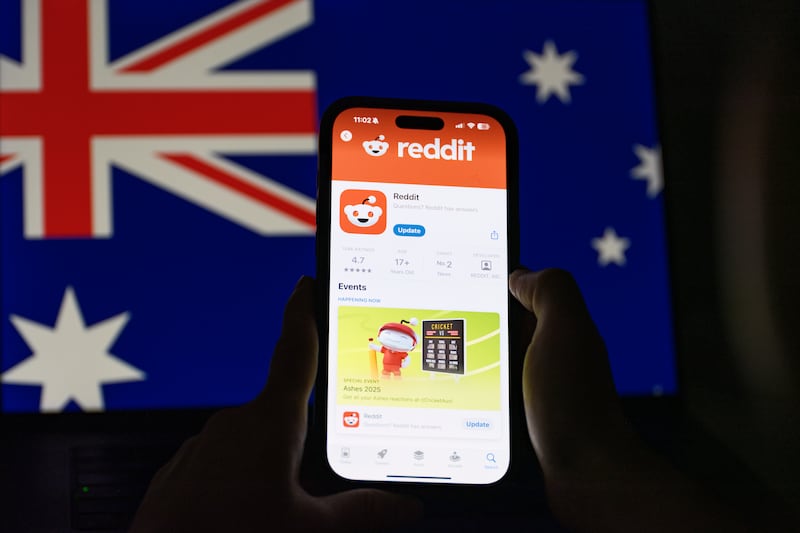One of the very few good things to emerge from nearly 18 months of Covid misery has been a sharp increase in conscience consumerism. It happened almost immediately and very early on in the crisis Pricewatch noticed a shift in how people were spending – and not only because virtually every outlet where people could shop was shut overnight.
Faced with an invisible enemy and powerless to stop its spread – save for the obvious things such as hand-washing, social distancing and face masks – people started showing commendable social solidarity by deliberately seeking out local shops – both online and off – and choosing to spend more of their money closer to home.
Since March 2020 an almost countless stream of researchers – both at home and abroad – have been trying to work out what impact the pandemic is going to have on consumers, in both the short and long term. Many have supported what we noticed early in the crisis.
Last March The Irish Times Sign of the Times annual survey suggested that shopping had become both hyperlocal and increasingly distant as people went online in record numbers, with groceries delivered to Irish homes at levels not seen since the 1950s before supermarkets changed the way we shopped.
That survey found that people were also consciously seeking out local businesses, even ones they might never visit in a physical sense and it noted a trend towards “spending mindfully” with people describing a “sense of duty to invest in our local ecosystems”.
More than 50 per cent of those polled said this mindful spending would endure in the post-Covid era, with people saying they planned to switch at least some of their shopping to local businesses for the foreseeable future. That percentage climbed as people got older, with two-thirds of those aged over 55 saying they planned to shop more locally in the future.
Guaranteed Irish
We have more research, this time from the people at Guaranteed Irish, to add to the pile. It that backs up the findings of the Sign of the Times study and all the others that have crossed our desk over the last year or so.
According to the survey, which is published today, 78 per cent of consumers here say the main reason they buy Irish food products is a desire to support local businesses while 65 per cent say they do so in a bid to support farmers in this country.
It also found that 47 per cent of consumers consciously buy Irish products when grocery shopping, with a further 50 per cent saying they “sometimes do so”.
Over the last year consumers said they had made more of an effort to buy Irish, with 84 per cent of people looking out for meat with an Irish origin, 70 per cent keener than ever to buy Irish vegetables and 62 per cent more likely to look out for Irish dairy products.
The research also suggested that 44 per cent of consumers said that if a product was Irish it would make them more likely to buy it, with 70 per cent of those polled consciously looking out for a quality mark. A further 50 per cent told researchers they wanted to know more about the supplier or producer and where they are based, while 43 per cent said they were interested in ethical production.
When it comes to price, it appears that people are prepared to pay more if a product is Irish, with 46 per cent saying they would buy a more expensive Irish product even if a cheaper non-Irish product was also available.
Brid O’Connell, chief executive of Guaranteed Irish, says the report is cause for optimism for Irish producers and suppliers.
Of course she is in the business of making Irish seem more attractive as her platform of 1,600 businesses exists to showcase Irish-produced products. Its member companies employ 100,000 people and generate an annual combined Irish turnover of €10 billion. So any move or report which suggests more people want to buy Irish is likely to be music to her ears.
“It is clear that people are very keen to buy Irish and are saying they’re prepared to pay a little bit more for that quality,” she says. “I think it’s important that they’re actually taking the decision to pay a little bit more for premium, making an informed decision that is supporting jobs and community.”
When asked for reasons for the shift, she doesn’t miss a beat. “I think it is purely Covid, Covid has made people so much more aware of having shorter supply chain and a shorter supply chain means it has to be local.”
Messaging
She expressed the view that packaging and messaging have never been more important, both for Irish consumers and for Irish manufacturers. “People don’t necessarily believe in the Tricolour on packaging and there’s a lot of greenwashing out there,” she reckons.
"But I think the consumer is extremely savvy and if they are being duped they're really aware of it and they're not buying it. There's a lot of people jumping on the bandwagon saying, you know, support local support. And that is fantastic but is no good if the local shop is selling everything from China. "
She says that if she “could get one message out there it would be that people continue in this way as we open up and go back and go into an era post-Covid. We need to continue to support our local producers, makers, and that being Irish and back into the economy, I think that’s really important.”
Her “biggest fear” is that people will “go back to the way we were”.
“That’d be a fail. So we’ve got to make sure that doesn’t happen. We simply cannot go back to that, we have to learn something along the way, I think it’d be a bit like going back to the office, it could be a blend. But I’d like to think that there’s a lot more educated people out there who will say, ‘Look, this was good for my community and it’s supporting the farmer down the road.’”
She believes it matters now more than ever that packaging carries the stories of how products are made, who makes them and where they come from. “It’s about trying to get those stories out and once people hear the backstory, where a product has come from, they’ll have credibility. But it is not just about the product on its own. It’s telling the story behind it. And when people buy into the story and believe in the person who has produced the product, then that’s the difference.”



















